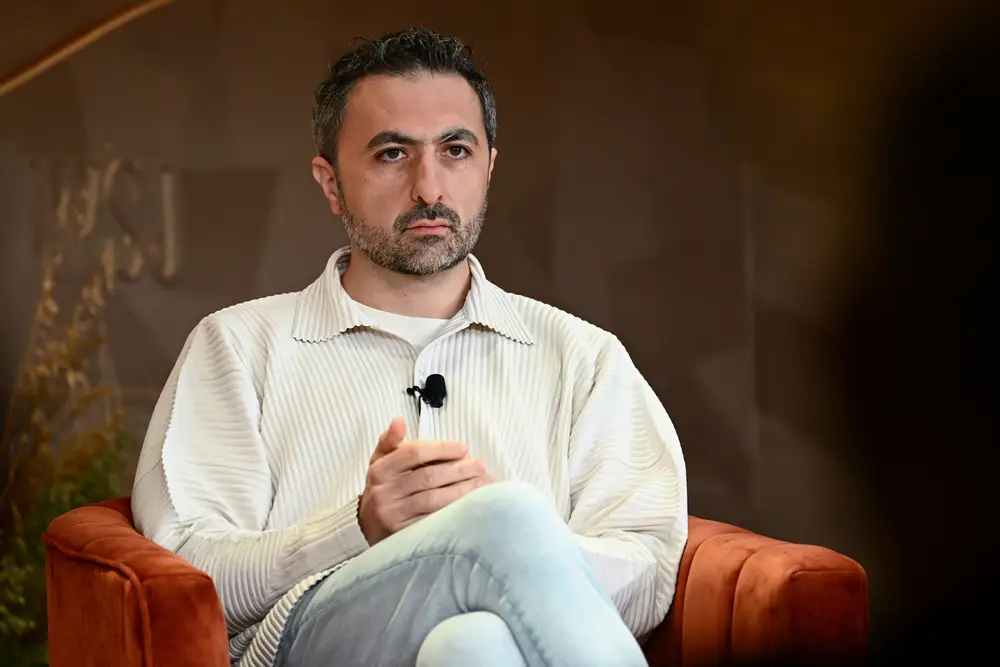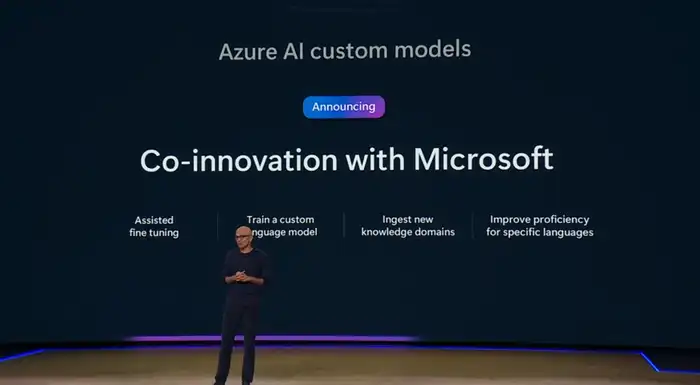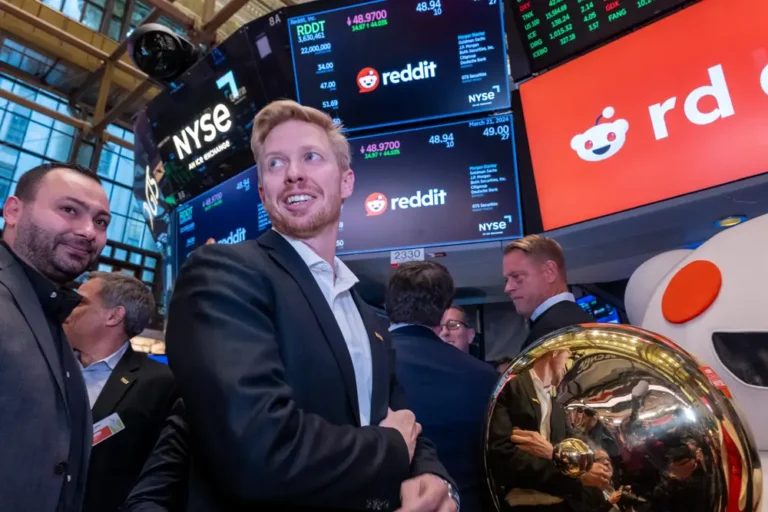Leaked Microsoft pay data shows how much more AI employees make versus the rest of the company

Microsoft AI CEO Mustafa Suleyman.
Hundreds of Microsoft employees recently shared their compensation in an internal spreadsheet viewed by Business Insider. A new analysis of this data shows how much workers in its new AI organization are getting paid compared to other colleagues.
The AI group got started in March with Mustafa Suleyman, a cofounder of DeepMind, at the helm. It’s responsible for consumer AI products such as Microsoft’s Copilot AI chatbot and Bing search engine.
BI analyzed more than 500 submissions from those who identified themselves as Microsoft employees in the US. The spreadsheet includes salaries, performance-based raises, promotions, and bonus percentages.
The main takeaway: Microsoft is paying a lot more for AI talent. This is part of a race to build what could become the next major computing platform. Experts in deep learning and other AI fields are in short supply, so companies are competing fiercely, mostly through offering juicy salaries and hefty stock awards. Pricey acquihires are valuing some engineers at as much as $4 million a pop.

Microsoft CEO Satya Nadella
Here are some highlights from the exclusive Microsoft data:
- Average compensation across all rolls in the Microsoft AI group was about 37% more compared to the companywide average in the US, according to the information employees shared in the spreadsheet.
- Compensation among those who identified themselves as software engineers within Microsoft AI was about 48% more compared to all software engineering roles across the company in the US.
- The average compensation among data scientists was about 11% more than the overall US average.
The chart below lays out averages for various Microsoft units, based on the internal spreadsheet obtained by BI. It also shows average compensation for all roles and specifically for software engineers and data scientists. (The Microsoft AI group had fewer types of roles to compare with other organizations).

Microsoft employees typically share this information anonymously through spreadsheets to promote pay transparency, but they are not official Microsoft corporate documents. The spreadsheet viewed by BI includes only information employees voluntarily decided to share and isn’t comprehensive.






